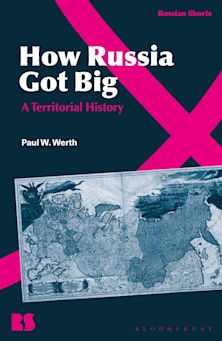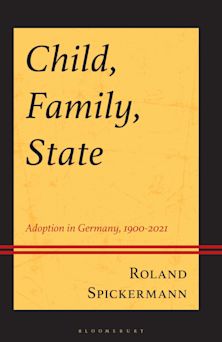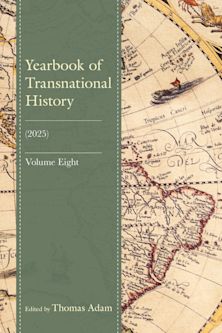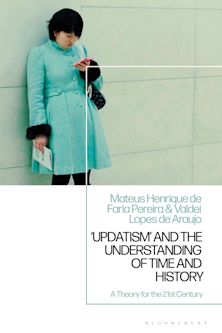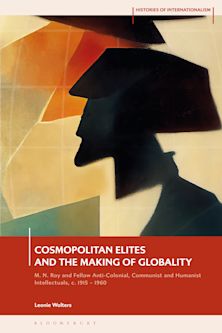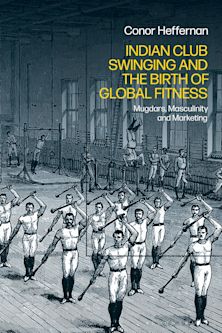Soong Mayling and Wartime China, 1937-1945
Deploying Words as Weapons
Soong Mayling and Wartime China, 1937-1945
Deploying Words as Weapons
This product is usually dispatched within 1 week
- Delivery and returns info
-
Free US delivery on orders $35 or over
Description
Soong Mayling and Wartime China, 1937-1945: Deploying Words as Weapons focuses on the First Lady of China's timely and critical contributions in the areas of war, women's work, and diplomacy during China's War of Resistance as inflected through gender. This book explores Soong Mayling through her own words by examining her speeches, essays, letters, telegrams, and news reports during the war period. How did Madame Chiang Kai-shek's gender identity shape her interactions with other Chinese women, the male military and political leadership in the Republic of China, and the broader global public? How did Confucianism's cardinal virtues and Chinese Christianity converge in Soong Mayling's work and worldview? What were her main contributions as Secretary-General of the Chinese Air Force? Drawing on Chinese archival materials such as Chiang Kai-shek's diaries and other records around the world, Esther Hu provides a historically informed perspective of the First Lady's legacy within the context of World War II history, international cultural and military affairs, and transnational geopolitics.
Table of Contents
Note on the Romanization of Chinese Words
Acknowledgments
INTRODUCTION
PART I. SOONG MAYLING'S MILITARY CONTRIBUTIONS DURING CHINA'S WAR OF RESISTANCE (1937-1945)
1 Soong Mayling and the Chinese Air Force
2 Soong Mayling and Wartime Contributions in Partnership with the Christian Community
PART II. WOMEN'S WORK: THE WOMEN'S ADVISORY COUNCIL, WAR RELIEF, AND NATIONAL RECONSTRUCTION
3 Soong Mayling as Mother of China: Women's Organization, Mobilization, and Networks through the Women's Advisory Council (WAC)
4 Encouraging China's Women and Educating China's Youth: Soong Mayling's Rhetorical and Emotional Labor
PART III. DIPLOMACY AT HOME AND ABROAD
5 Diplomacy at Home
6 Diplomacy Abroad: Soong Mayling, Sino-Indian, and Sino-British Relations
7 Diplomacy Abroad: Soong Mayling and U. S.-China Relations
CONCLUSION. Soong Mayling's Legacy
Appendix
Bibliography
Product details
| Published | Dec 15 2024 |
|---|---|
| Format | Hardback |
| Edition | 1st |
| Extent | 328 |
| ISBN | 9781666928617 |
| Imprint | Lexington Books |
| Dimensions | 9 x 6 inches |
| Publisher | Bloomsbury Publishing |
Reviews

ONLINE RESOURCES
Bloomsbury Collections
This book is available on Bloomsbury Collections where your library has access.




















